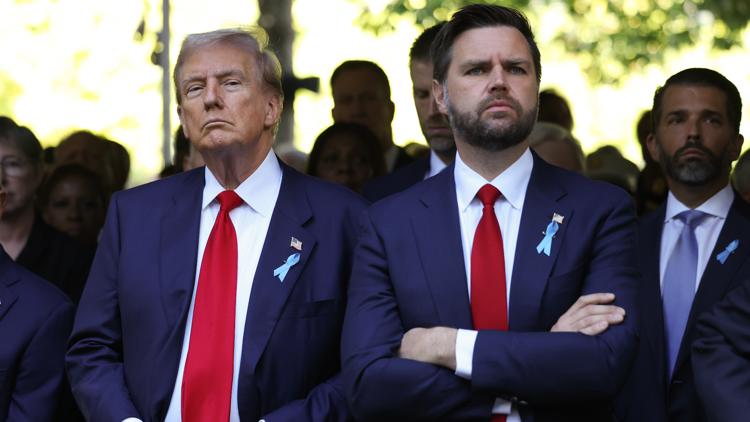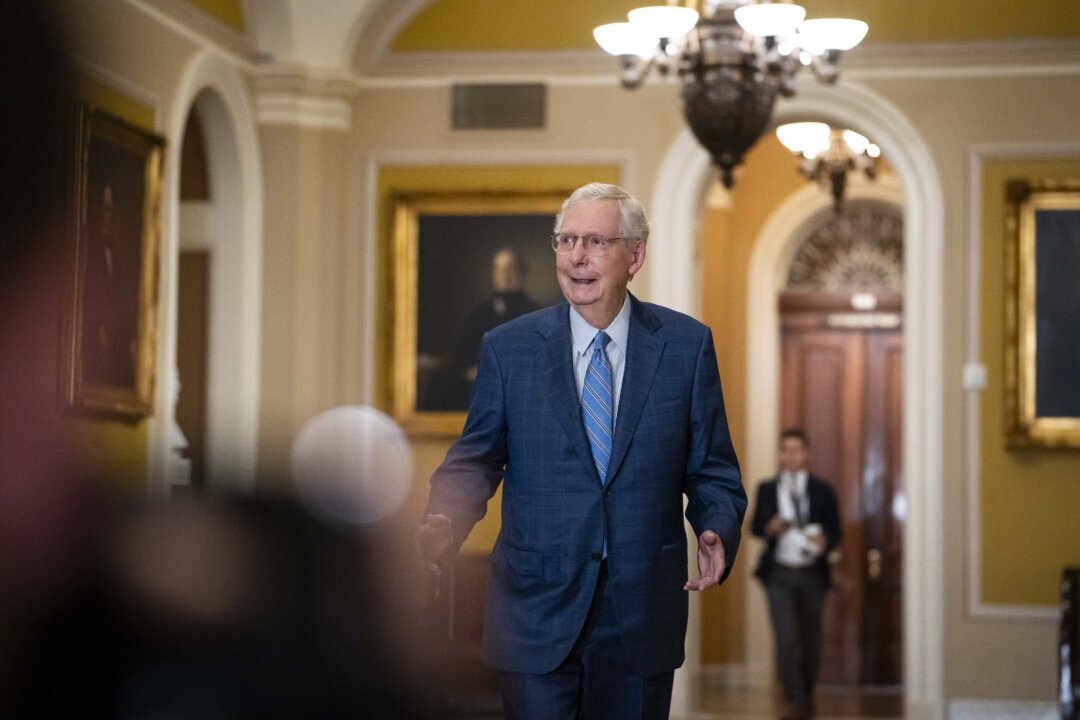
Chinese President Xi Jinping has vowed to work with Donald Trump's incoming US administration as he held his final talks with outgoing President Joe Biden on conflicts from cyber crime to trade, Taiwan, the South China Sea and Russia. or signup to continue reading Biden met Xi for about two hours at a hotel where the Chinese leader was staying, on the sidelines of the Asia-Pacific Economic Cooperation (APEC) forum in Lima, Peru, for their first talks in seven months. "China's goal of a stable, healthy and sustainable China-US relationship remains unchanged" after Trump's election, Xi said as he met Biden, acknowledging "ups and downs" between the countries.
"China is ready to work with the new US administration to maintain communication, expand co-operation and manage differences." Biden told Xi the two leaders have not always agreed but their discussions have been "frank" and "candid". Two months before Trump returns to the White House, Biden told Xi that maintaining leader-to-leader talks would be vital even after he left office, said Biden national security adviser Jake Sullivan.
The president-elect has vowed to adopt blanket 60 per cent tariffs on US imports of Chinese goods as part of a package of "America First" trade measures. Beijing opposes those steps. Trump also plans to hire several hawkish voices on China in senior roles, including US Senator Marco Rubio as secretary of state and Representative Mike Waltz as national security adviser.
During their talks, Biden and Xi agreed that human beings, not artificial intelligence, should make decisions over the use of nuclear weapons, according to the White House, the first time the countries are known to have raised the issue. The US and Chinese presidents also talked about North Korea, an ally of China whose deepening ties with Russia and deployment of troops in Moscow's war with Ukraine have raised concerns in Washington, Beijing and European capitals. "President Biden pointed out that the (People's Republic of China's) publicly stated position with respect to the war in Ukraine is there should be no escalation, no broadening the conflict, and the introduction of (Democratic People's Republic of Korea) troops runs foursquare against that," said Sullivan.
"He also pointed out that the PRC does have influence and capacity, and should use it to try to prevent a further escalation or further expansion of the conflict with the introduction of even more DPRK forces." Other major issues raised at the meeting included a recent China-linked hack of the telephone communications of US government and presidential campaign officials, stepped-up pressure by Beijing on Taiwan and in the South China Sea, as well as Chinese support for Russia. On Taiwan, the leaders appear to have had a sharp exchange.
Biden called for an end to Beijing's "destabilising" military activity around the island, the White House said. Xi said the "Taiwan independence separatist activities" of Taiwanese President Lai Ching-te were incompatible with peace and stability there, according to the Chinese foreign ministry. During the meeting, Xi said no evidence supported the claim of Chinese involvement in cyber attacks, according to Chinese state media.
He also told Biden that Washington should not get involved in disputes in the Spratly Islands, the subject of a dispute between China and the US-allied Philippines. Beijing has rejected a 2016 ruling by The Hague-based Permanent Court of Arbitration, which said its expansive maritime claims over the South China Sea had no legal basis, in a case that was brought by Manila. "When the two countries treat each other as partner and friend, seek common ground while shelving differences and help each other succeed, our relationship would make considerable progress," Xi told Biden through an interpreter.
"But if we take each other as rivals or adversary, pursue vicious competition, and seek to hurt each other, we would roil the relationship or even set it back." The two leaders also privately reflected back on the blunt-spoken dynamics of their long relationship, said Sullivan, the US national security adviser. Advertisement Sign up for our newsletter to stay up to date.
We care about the protection of your data. Read our . Advertisement.














